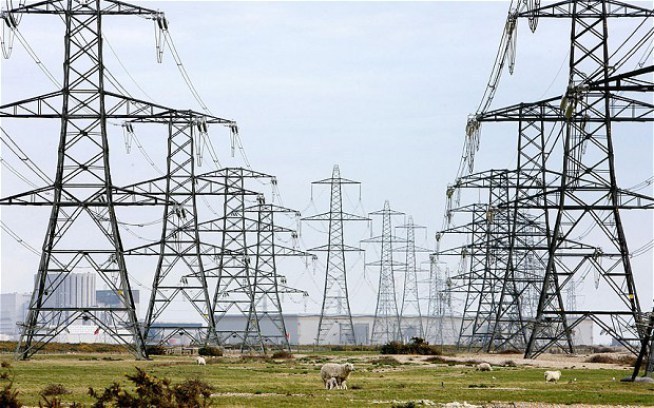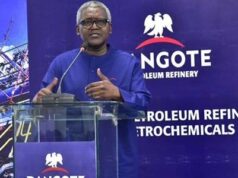The Federal Government has announced plans to invest $800 million in the construction of substations and distribution networks as part of the Presidential Power Initiative (PPI) in the power sector.
The Minister of Power, Adebayo Adelabu, announced this during a tour of the TBEA Southern Power Transmission and Distribution Industry in Beijing, China.
The minister was in Beijing for the China-Africa Cooperation Summit.
Adelabu, according to a statement issued by his Special Adviser on Media and Strategic Communication, Bolaji Tunji, on Sunday, September 1, 2024, said the investment would be divided into two lots – $400 million for Lot 2, covering Benin, Port Harcourt, and Enugu Distribution Companies (DISCOs) franchise areas; and $400 million for Lot 3, covering Abuja, Kaduna, Jos, and Kano DisCos franchise areas.
The minister expressed concern over the rejection of power by Electricity Distribution Companies (DisCos), which he said recently led to a reduction in generation capacity from a peak of 5,170 megawatts by 1,400 megawatts due to their inability to manage the supply.
He said despite the setback, the government aimed to increase power generation to 6,000 megawatts by the end of the year.
Adelabu reaffirmed the government’s commitment to collaborating with world-class organisations like TBEA to realise President Bola Tinubu’s vision for the power sector.
NNPCL: Debt to suppliers responsible for fuel queues
“Especially in the areas of transmission and distribution of the entire power sector value chain as well as Nigeria’s renewable energy segment,” the minister stated.
Adelabu said Nigeria, in 1984, generated 2,000 megawatts, noting that it took over 35 years to add another 2,000 megawatts.
He said under the current administration, power generation increased from 4,000 megawatts to 5,170 megawatts within a year.
The minister, while speaking on the problems in the power sector which he said hindered industrial growth, said this was due partly to the fragility of the transmission and distribution infrastructure which had become old and dilapidated.
Adelabu added: “This has led to historical epileptic supply of power to households, industry, and businesses.
“More than 59 per cent of industries in Nigeria are off the grid. They did not see the national grid as reliable and dependable. So a lot of them now operate their own captive, self-generated power.”
Adelabu, however, said the present administration was determined to transform the power sector, adding that a lot of activities had started that were gradually bringing back confidence in the sector.
The statement also quoted the President of TBEA, Huang Hanjie, as assuring Nigerians of the organisation’s continued support for the federal government’s vision for the power sector.
He said TBEA operates across 100 countries in the world and would be willing to share its experience in the provision of energy.
“The company is not new in Nigeria; it is presently working with the Omotosho Power Plant in Ondo State, owned by the Niger Delta Power Holding Company (NDPHC),” Hanjie said.
- Kaduna govt recruits 1,800 health workers - December 22, 2025
- Court sends 2 siblings to prison for kidnapping 23-year-old woman - December 22, 2025
- Obasa’s son sworn in as Agege LG chairman - December 22, 2025










